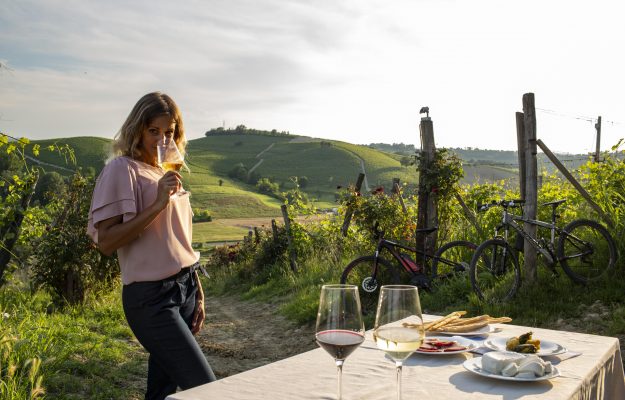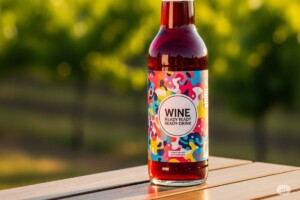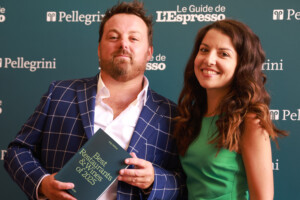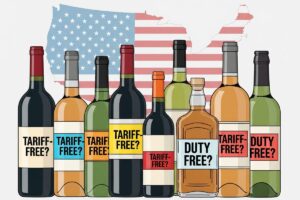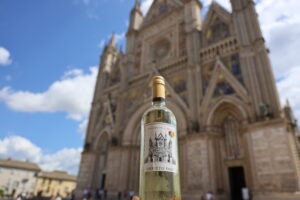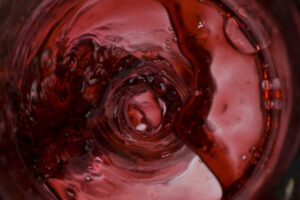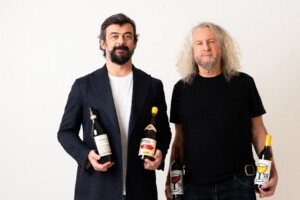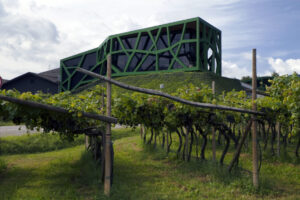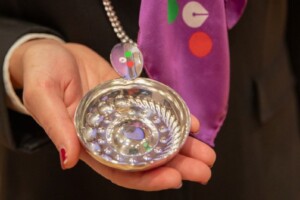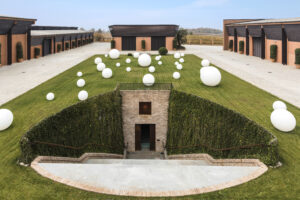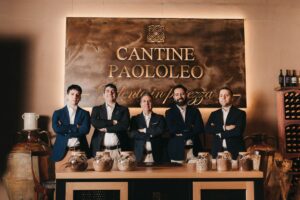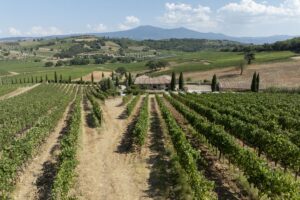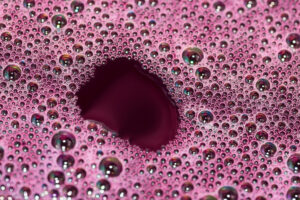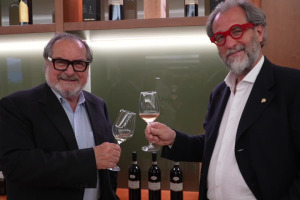If the extension of the use of the Green Pass that will be triggered in Italy from August 6, as provided by decree 105, to access many indoor activities (museums, restaurants and so on), has had the desired effect of increasing the bookings for vaccines against Covid-19, on the other hand, has had the unintended (but predictable) consequence of increasing the cancellation of tourist bookings in hotels, amusement parks and even for wineries devoted to wine tourism. With many operators who, in just a few hours, have seen 30% of their bookings for the coming weeks canceled. As told to WineNews by lawyer Marco Giuri, at the head of Studio Giuri in Florence and one of the greatest experts in everything concerning the law that revolves around the world of wine and catering. “Wine tourism, as we have often said, is an articulated sector made of food and beverage, tastings, visits to wineries, and therefore it is partially subject to the rules about food and beverage, but also to the ones regulating the access to museums and exhibitions. Including the Green Pass. And in the last few days - explains Giuri - several companies have contacted us asking for clarification, saying that hundreds of cancellations are arriving, especially from abroad but also from Italy. For two main reasons, as it is easy to guess. On the Italian side, there are those who for a thousand reasons do not have the Green Pass and do not want to undergo even the molecular swab in 48 hours (provided as an alternative for those who, for example, has not yet been able to make the vaccine, ed), while those who come from abroad cancel because they do not understand what is this Italian Green Pass, or maybe have a similar certification in his country, even in the EU, but has no certainty about whether or not it is valid abroad, even if European legislation says that until August 12 can also be valid certifications that do not provide the Qr Code as a means of control, as it is for the Italian. And then - adds Giuri - opens the whole other issue, or that Italy does not recognize the certifications from Great Britain, for example, and then there is the issue of Russia that has a vaccination as Sputnik not universally recognized, and then more simply the problem that if a Finn or a Japanese arrives and presents a document in his language, it becomes difficult to go and verify”.
A regulatory chaos on which, objectively, companies can do very little, if not manage the Green Pass issue as best they can. And to do so, explains Giuri, “companies must identify people responsible for verifying the Qr Code, which is done through an app called Verification C19 that is downloaded on the website of the Ministry of Health, and that allows you to check the authenticity and validity of the certification. The law says that you can also ask for an ID to verify the match, but it is an option, not an obligation. The subjects who are delegated to control, however, must be formally appointed and trained for verification activities. For the reading of the Italian Qr Code there should be no problems, while there could be incompatibilities with those of other European countries, so clearly if there was the paper would be important. In any case, all this implies certain management by companies and a minimum of training”.
In order to simplify things, there are those who could think of asking for a Green Pass to anyone entering the winery, whether for a visit to the winery or to eat at the winery’s restaurant, or maybe just to buy some bottles. But this is not possible: “the Green Pass cannot be asked for all the activities, but only for the ones explicitly provided by law. For example, it cannot be asked to anyone who goes to the company shop to buy wine or comes for an outdoor tasting. It would be a violation of privacy and the company would have to answer for it”.
Copyright © 2000/2025
Contatti: info@winenews.it
Seguici anche su Twitter: @WineNewsIt
Seguici anche su Facebook: @winenewsit
Questo articolo è tratto dall'archivio di WineNews - Tutti i diritti riservati - Copyright © 2000/2025










